Leadership at the Stade Toulousain is worked on in all areas of the game...
The Stade Toulousain is an institution recognized throughout the Rugby world for its excellence and its training centre. We are fortunate to have several graduates who have largely contributed to its success and reputation, in particular Didier, who chairs the Management Board, Yannick Bru, and Laura Berbizier...
Didier Lacroix
TBS 1992
Chairman of the Board of Management Stade Toulousain
|
Friday 11 March 2022, this morning I am going to interview Didier Lacroix with Jean-Louis Cazes, his long-time partner in the Stade Toulousain Rugby Management Company founded in 1993, two years before the arrival of professionalism in 1995 and until 2017. I'm a bit emotional because I haven't been back on the scene for too long, after twenty years of partnership, full of strong memories... I am the Seven Pence Leprechaun It is eight o'clock And finally Loulou arrives! |
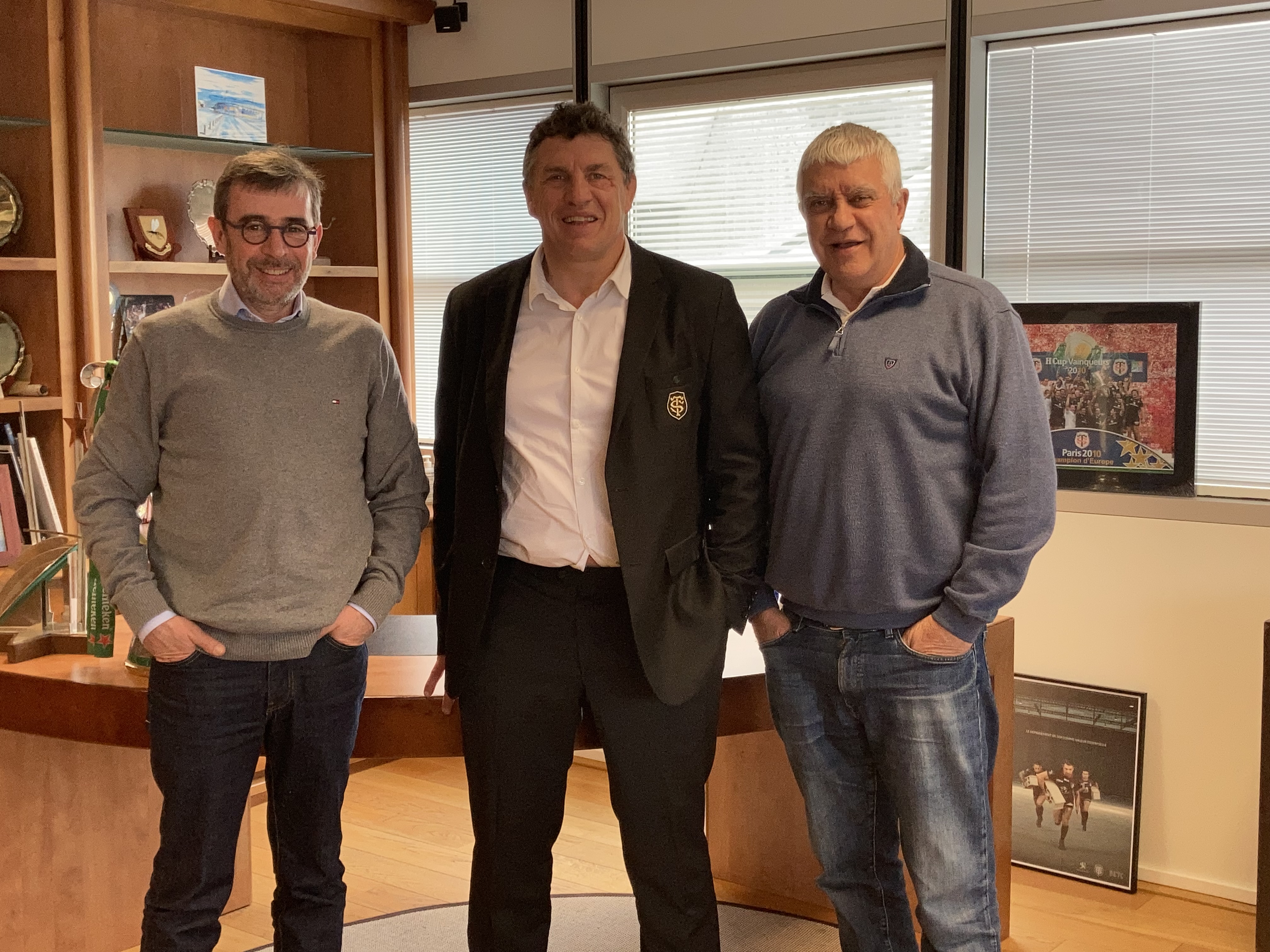 |
After a slightly nostalgic evocation of the great era of the Partners' Club in the 2000s over a coffee/croissant cordially offered by Jean-Luc Brumont (ST's administrative manager) we join the presidential office where the Brennus shield and the five European cups of the Stade proudly sit. Shortly afterwards, the owner joins us and we can get to the heart of the matter: How do you manage the most successful rugby club in Europe when you don't have five lives, with all the complexity of the SASP status?
Jean-Louis points out the specificity of managing a sports club compared to a classic private company like Groupe A La Une, which they developed together. Didier confirms these remarks and specifies : "It is very different to manage a company that belongs to you and whose values you bear, and to manage a company that does not belong to you and in which you carry for the good of others!” This is all the more true in the case in point, as it involves managing both classic commercial activities and a rugby club and its training centre.
"Within the Stade, you are the custodian of the institution".
The difficulty lies in dealing with a very heterogeneous public: The administrative staff, the brigade at the Stade's brasserie, two merchandising shops and, above all, the sports staff and players. An additional complication is that the fixed-term contracts for the players are spread over four seasons on average, and often end with the support of the players at the end of their careers. "My role is not to let them have one season too many.”
| To reach the key positions of the Stade, there is no requirement to have worn the jersey |
The SASP of the Stadium has several structures, including the Friends of the Stade Toulousain, who own the land and the stadium, the Stade Toulousain Rugby association, which manages training among other things, and private shareholders... Nearby, there is also the Amicale des Anciens, which can have an advisory role. It is also necessary to manage relations with the National Rugby League, the French Rugby Federation and also institutions such as the Region, the Department and the Toulouse Town Hall.
A one-man band to meet the challenge.
The leadership of the Stade Toulousain is therefore played on multiple scores: From the legitimacy of a former player, for the sportsman, to the shrewd businessman to attract partners, manage merchandising and the restaurant, not forgetting the political finesse in institutional relations!
The management of the Stade Toulousain also has to manage a potential task force linked to the club's activity: It is as much the wealth of the club as the ownership of the 11-hectare pitch as it is to have a force of volunteers serving the structure. The club has an attractiveness that succeeds in mobilizing all kinds of talents around the projects. For example, the club's ethics charter, i.e. the code of conduct plus the control committee, was designed by a former public prosecutor. Thus, the voluntary work can constitute a sort of Think Tank of the Stade Toulousain, which is made up of volunteers to bring the shirts as well as company managers.
To the question: Is it necessary to be a former player to manage the Stade Toulousain? Didier replied that only two presidents of the Top 14 are former players who have worn the jersey of the club they manage. Most of the presidents have never played rugby! Thus, to reach the key positions of the Stade, there is no requirement to have worn the jersey, yet all the executives of the Stade are part of the list of 100, i.e. Those who have worn the jersey at least 100 times in matches...This is one of the specificities of the Stade, but they don’t just want to keep things to themselves. For Didier the Stade is a family home. It is obvious that it is easier to be a child of the club to manage it. He tells us the anecdote of his son (guess where he plays?) who was able to give information about a door that allowed the kids to access the gym.
Then Didier revealed the main axis of the Stade Toulousain partnership strategy: There are many reasons for joining the Stade Toulousain project...
The personal interest of a company director or an individual, illustrated by the example of individual sponsorship and the 23,000 personalized bricks of the "Stadium Wall" which made a substantial contribution to the club during the health crisis.
"I watch the match from space".
There is also what Didier Lacroix calls an impalpable opportunity: The example of Thomas Pesquet, who took a Stade ball to the international space station without the Stade knowing it, is quite significant for the club's influence and image... Since then, Thomas has become an ambassador for the Stade Toulousain and it was also planned to unveil the Stade's "European Cup" jersey in space but scheduling problems delayed the operation. Didier also tells the anecdote of Thomas contacting the team from space while they were on the bus between the hotel and Twickenham , saying : "I'm watching the game from space".
The growing interest in the CSR dimension carried by the Stadium is a strong axis of development, notably inspired by the approach initiated with Airbus. Also, Didier is in discussion with the Ministry for a CSR rating for the club and there is also a social integration and sponsorship dimension.
Then we talk about the possible partnership of the Stade with TBS: "We must put the seed of the Stade in the hearts of the students of the School...".
Didier finally unveils the film "Le Stade" which will be previewed on April 4 at the Grand Rex and which is for him a real management course, the release of the film is scheduled for April 13.
To date, the strategy of the Stade's management board is to maintain the club's independence and to have a business model that allows it to remain autonomous.
| Thomas Pesquet, who took a Stade ball to the international space station without the Stade knowing it, is quite significant for the club's influence and image... |
Finally, Didier tells us about the impact of the Covid crisis on the club's economy. He welcomes the compensation from the State which has enabled the club to survive, but he points out that there has been a substantial loss of income compared to the usual dynamic. Furthermore, the four cancelled matches in December resulted in a considerable loss for the club...
With that, the referee whistles the end of the match and we part and meet at the reception after the shower.
(*) Loulou is warming up behind the stand.
(**) Tribute to Jacques Dutronc for this little diversion of his song "Paris s'éveille".
Authors
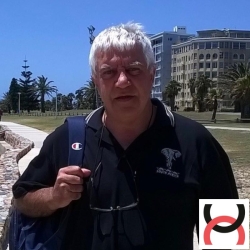
Accompagnement d’entreprises dans leur croissance par le biais de la mise en relation qualitative et personnalisée.
Mise en œuvre de stratégies marketing originales et adaptées.
Recherche de partenariats sportifs pour des individus ou des clubs ou associations... See the author's other publication




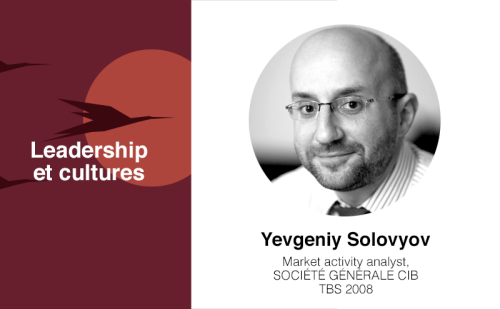
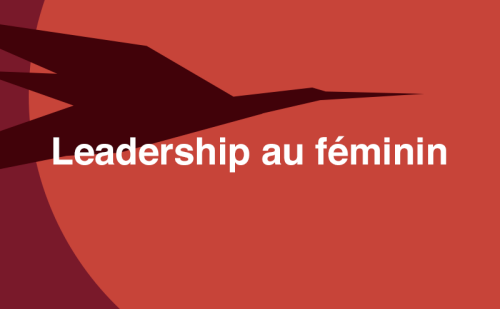

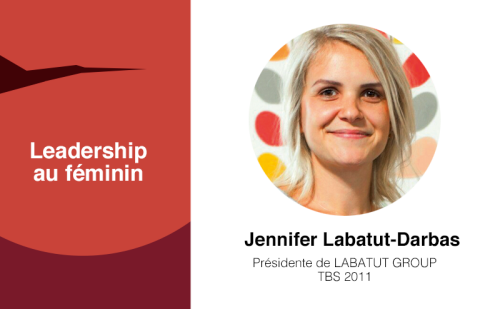
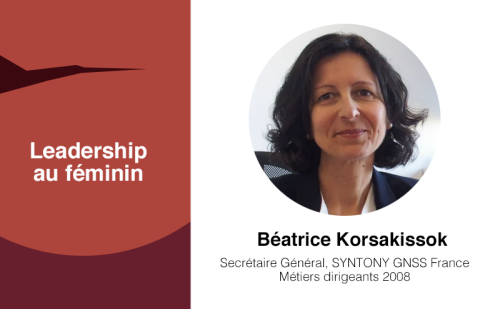

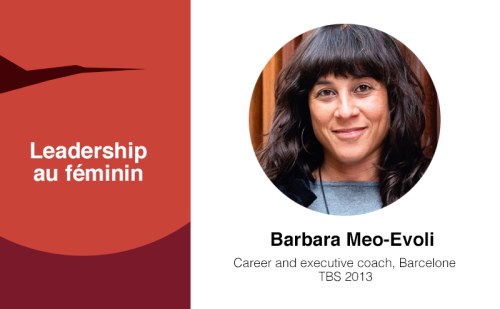


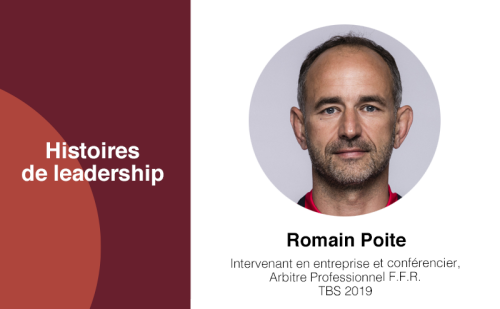

No comment
Log in to post comment. Log in.